Science News: Recent scientific discoveries and expert analysis
Read the latest science news and recent scientific discoveries on Live Science, where we've been reporting on groundbreaking advances for over 20 years. Our expert editors, writers and contributors are ready to guide you through today's most important breakthroughs in science with expert analysis, in-depth explainers and interesting articles, covering everything from space, technology, health, animals, planet Earth, and much more.

Explainers | Everything you need to know about the science news that matters.

Science Spotlight | Shining a light on new science transforming our world.
Latest news
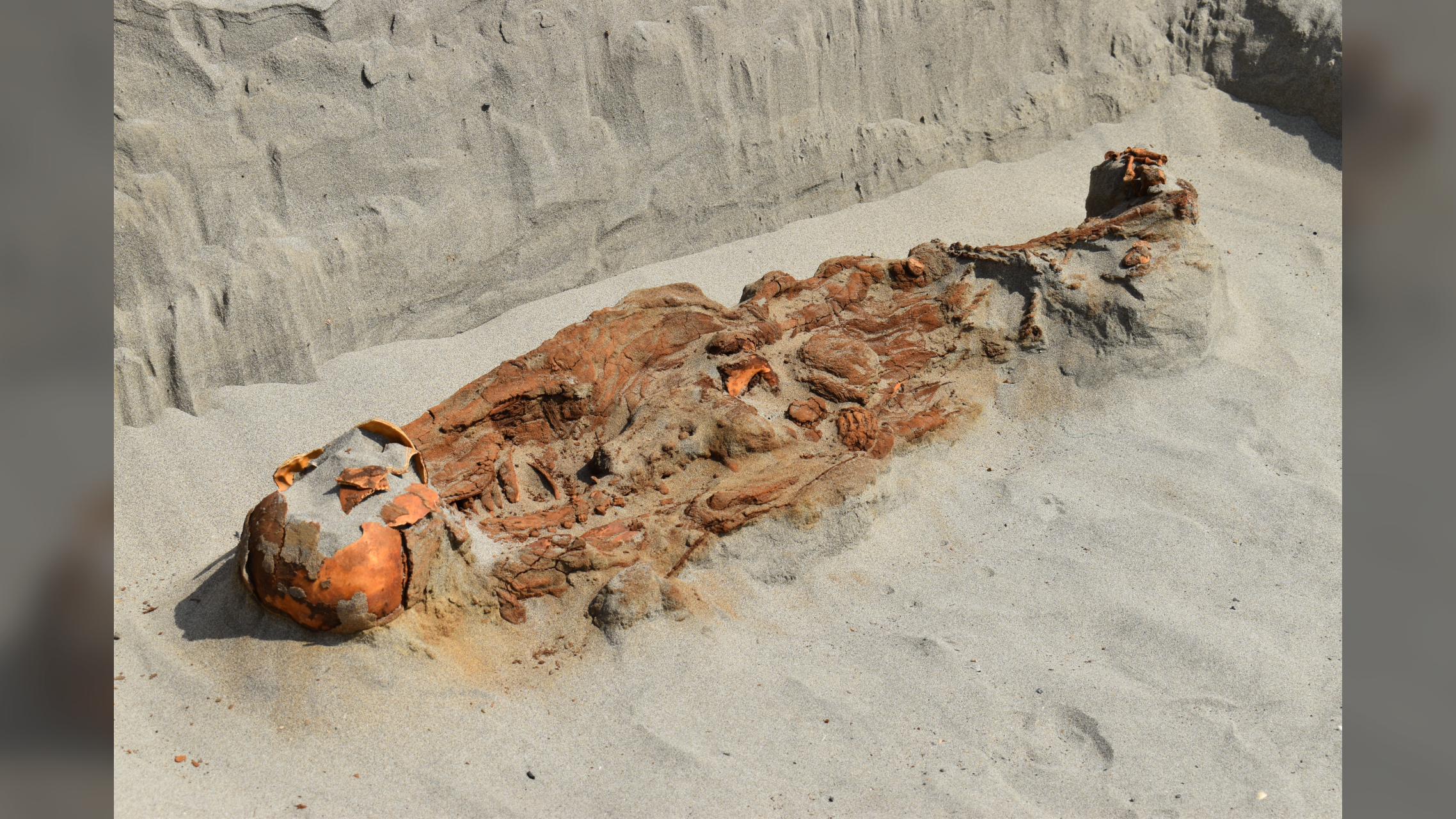
'Strange' tomb in Peru holds skeletons of people with ropes around their necks, hands tied behind their backs, archaeologists say
By Owen Jarus published
Human sacrifices dating back around 2,300 years have been found near an ancient temple in Peru.
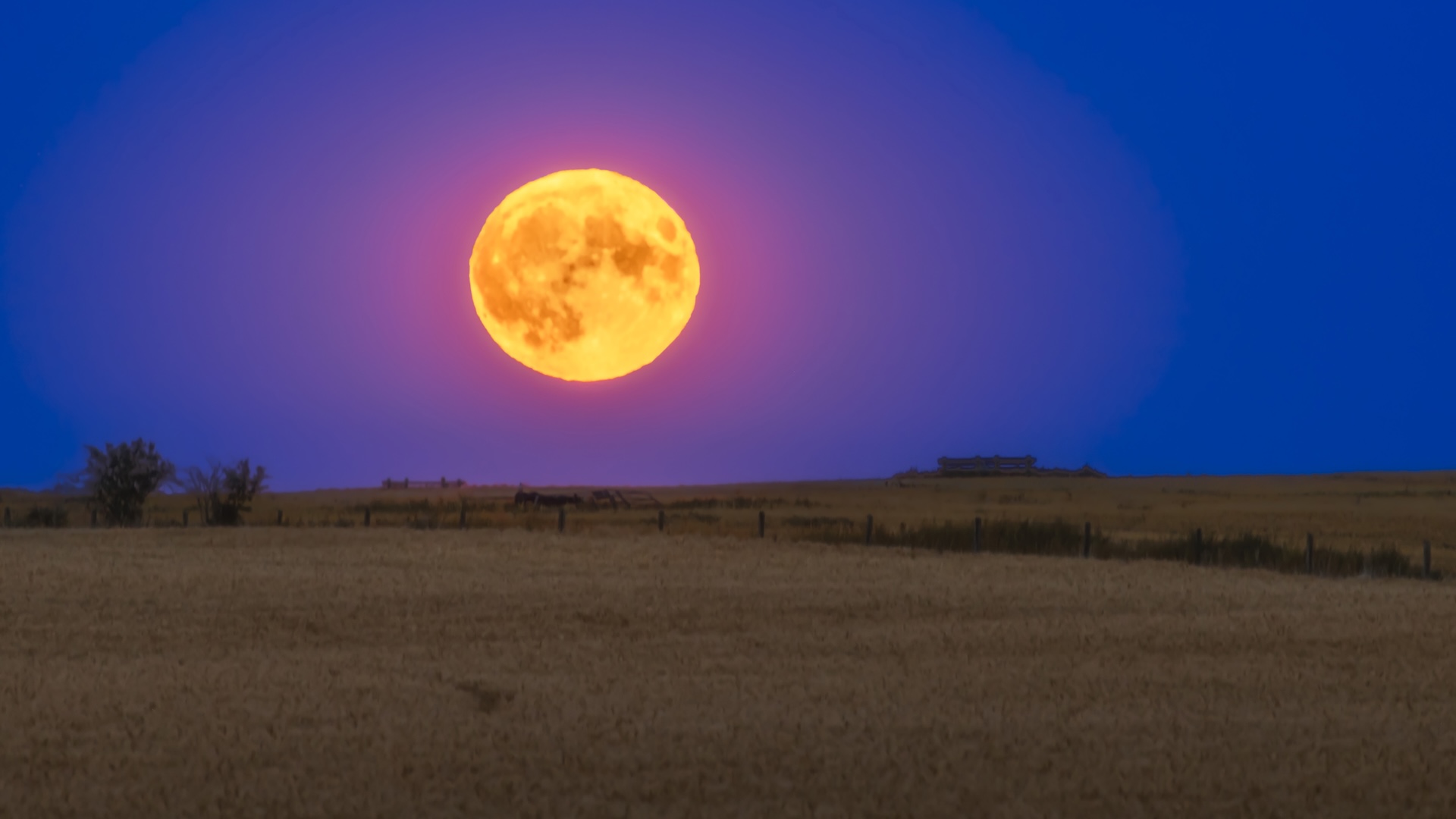
The full 'Corn Moon' rises this week — bringing a 'blood moon' lunar eclipse to most of the world
By Jamie Carter published
The Northern Hemisphere's final full moon will be totally eclipsed in some parts of the world. Here's how to see September's full Corn Moon rise.
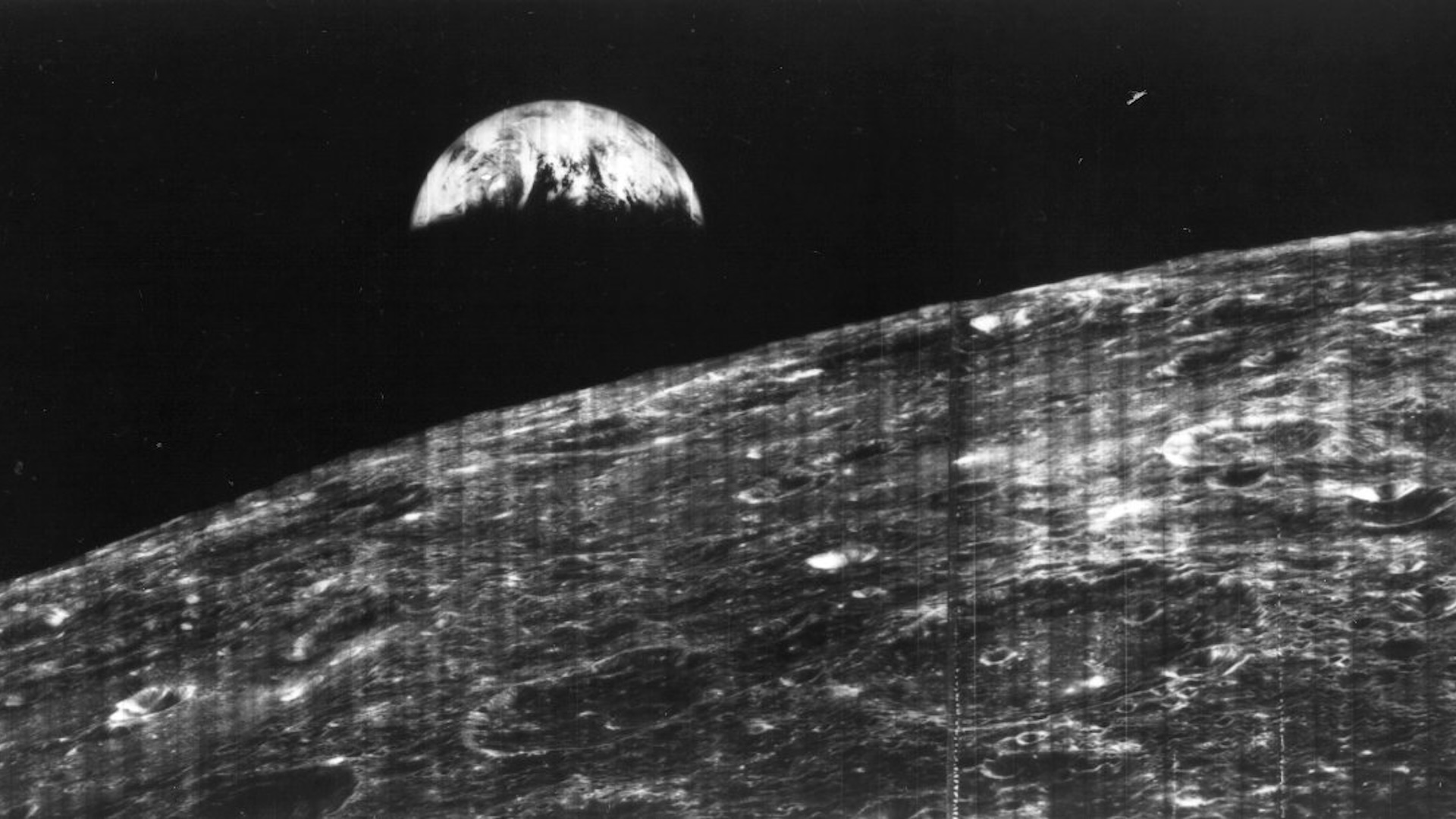
The world's first view of Earth from the moon — Space photo of the week
By Jamie Carter published
On Aug. 23, 1966, NASA's Lunar Orbiter 1 sent back the first photo of Earth from the moon. It showed a grainy crescent Earth that predated Apollo 8's famous color "Earthrise" by over two years.
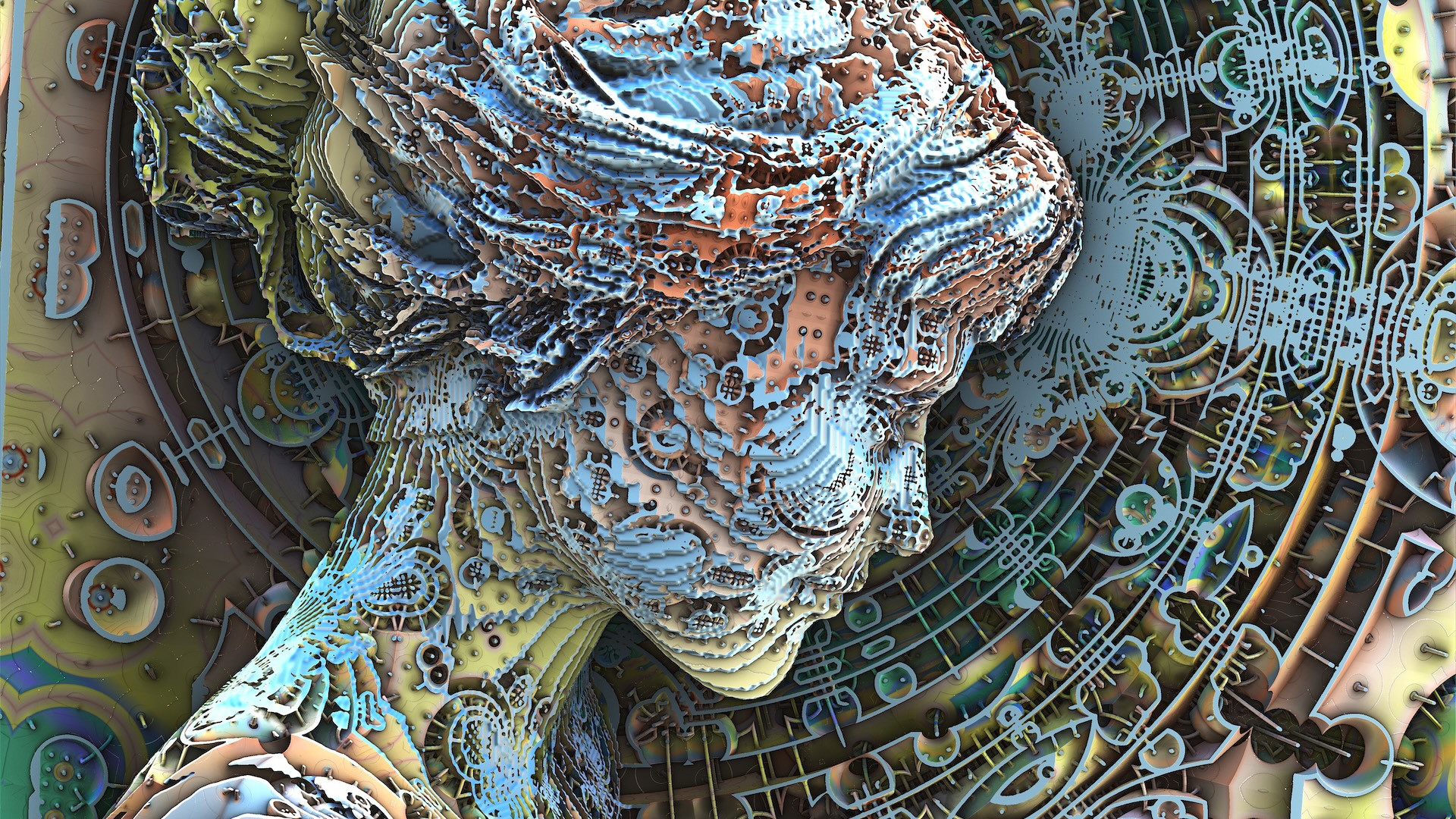
There are 32 different ways AI can go rogue, scientists say — from hallucinating answers to a complete misalignment with humanity
By Drew Turney published
New research has created the first comprehensive effort to categorize all the ways AI can go wrong, with many of those behaviors resembling human psychiatric disorders.

The geology that holds up the Himalayas is not what we thought, scientists discover
By Sascha Pare published
A 100-year-old theory explaining how Asia can carry the huge weight of the Himalayas and Tibetan Plateau needs to be rewritten, a new study suggests.
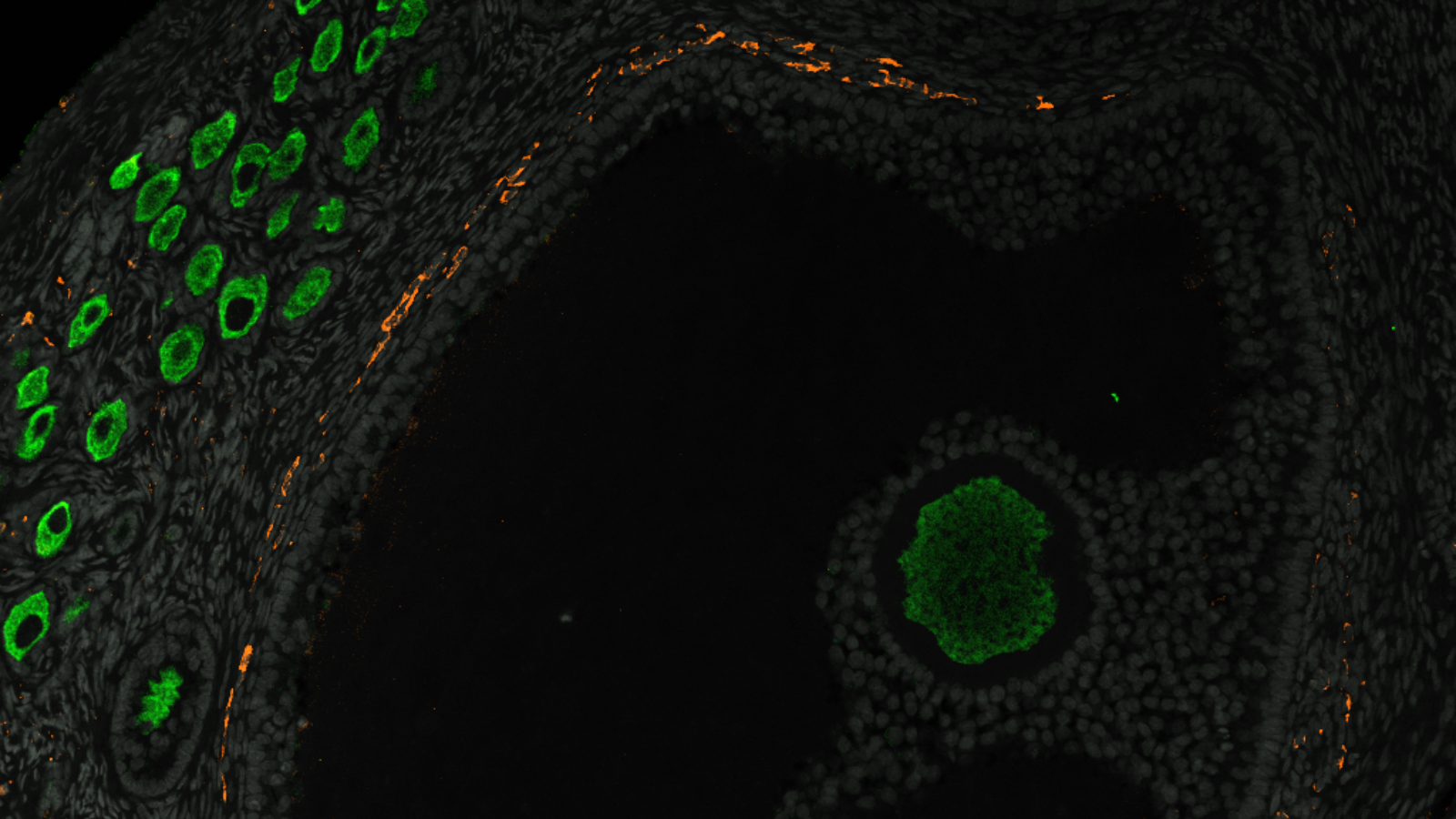
We finally have an idea of how the lifetime supply of eggs develops in primates
By Sophie Berdugo published
Scientists have studied female monkey embryos to map how, when and where the egg supply develops. This can now be used to build realistic models of ovaries in the lab to search for the causes of reproductive health issues that lead to infertility.
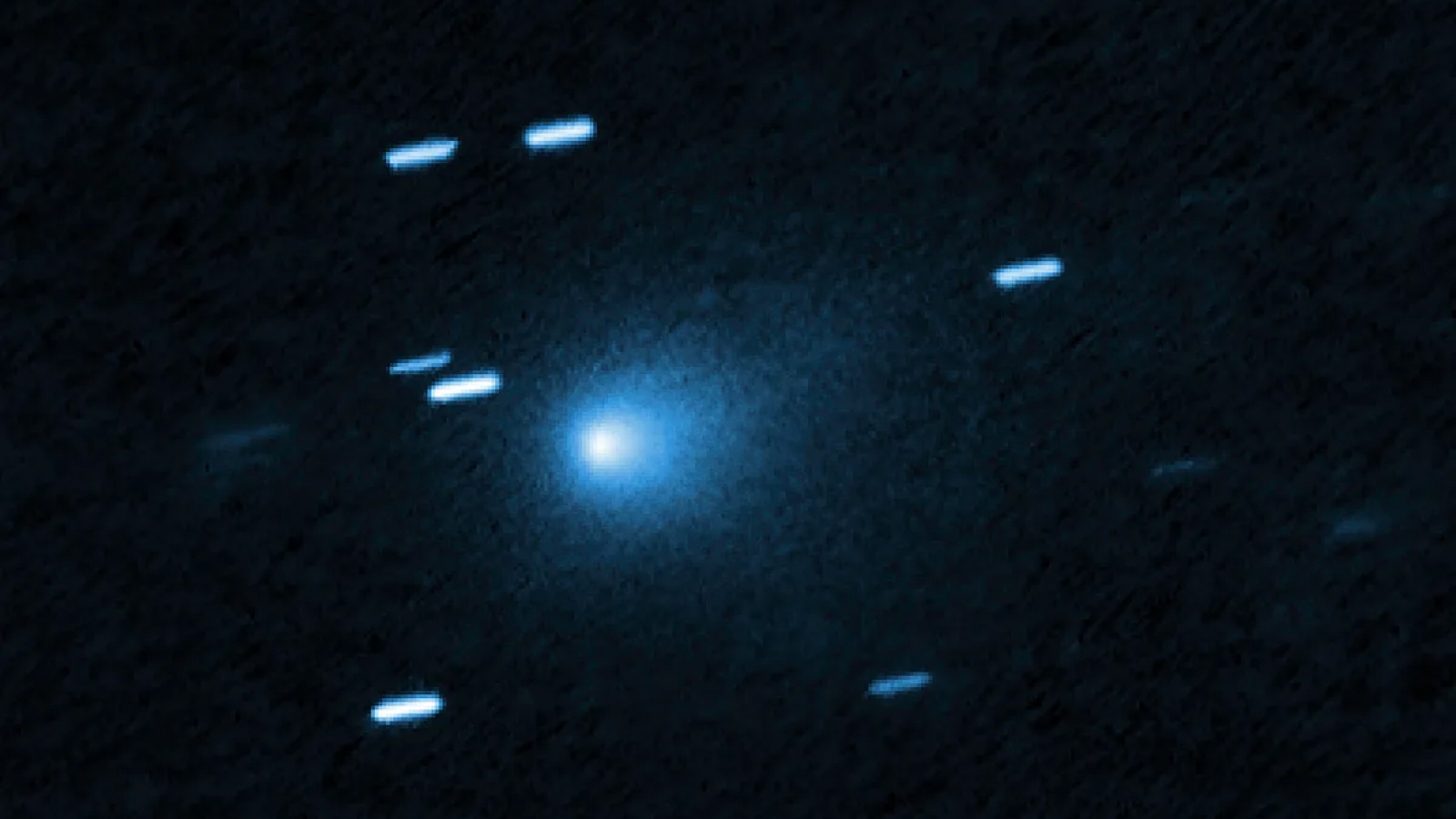
Comet 3I/ATLAS is unusually 'active', earliest NASA observations reveal
By Andy Tomaswick published
NASA's planet-hunting TESS telescope observed the rare interstellar comet 3I/ATLAS two months before it was formally "discovered," and those early observations reveal the comet is surprisingly active.

Scientists turned to a red onion to improve solar cells — and it could make solar power more sustainable
By Ross Kelly published
Solar cells often degrade due to ultraviolet exposure, but scientists achieved 99.9% protection. How? The answer lies in this vegetable.
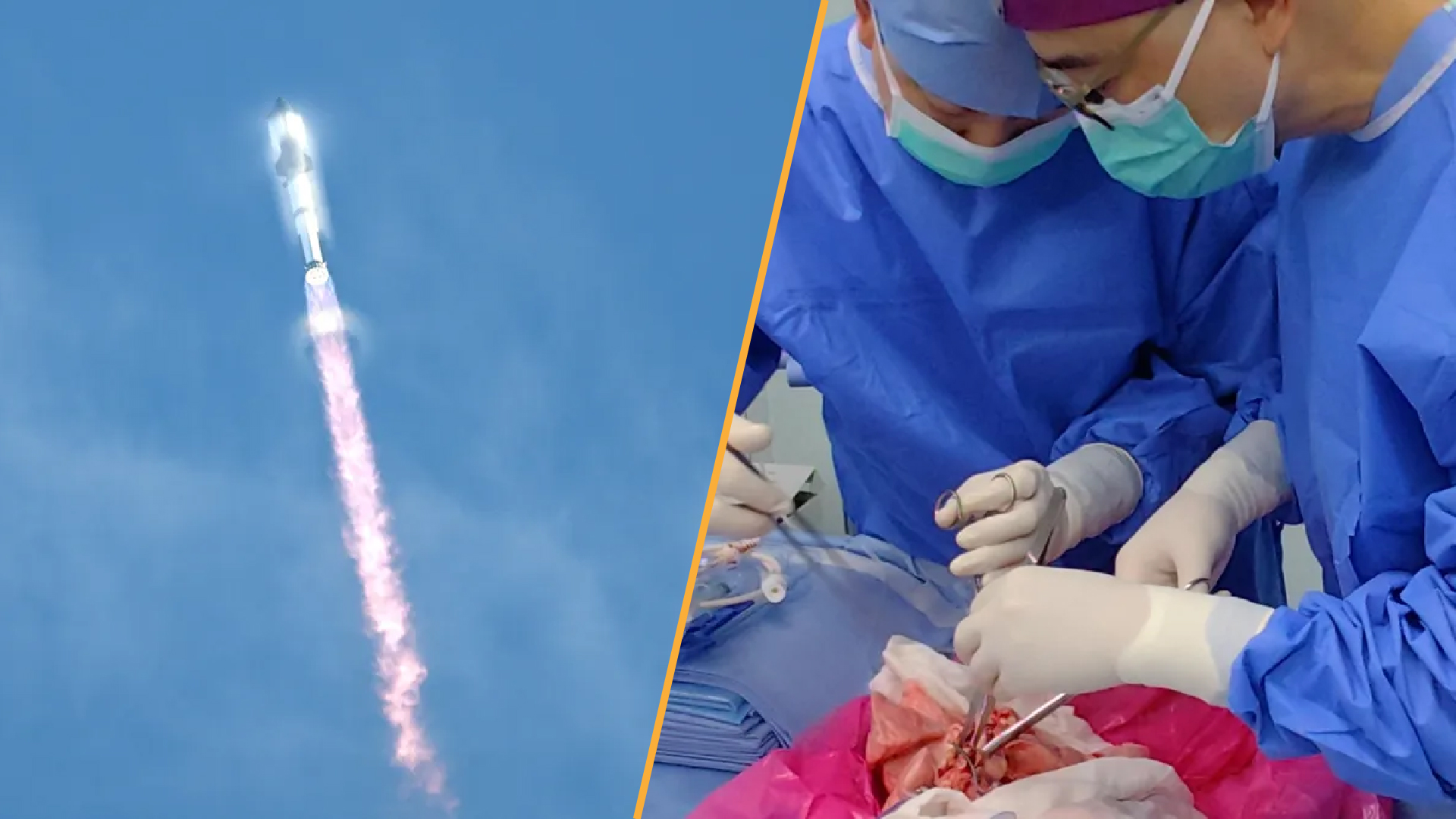
Science news this week: A world first pig-to-human lung transplant, and SpaceX’s Starship nails a test flight
By Ben Turner published
Science news this week Aug. 30, 2025: Our weekly roundup of the latest science in the news, as well as a few fascinating articles to keep you entertained over the weekend.

Cataclysmic crash with neighboring planet may be the reason there's life on Earth today, new studies hint
By Elizabeth Howell published
Early Earth may not have had the right ingredients for life — until a nearby Mars-size planet crashed into it, two new studies hint.

'I would never let a robot incubate my child': Poll on 'pregnancy robots' divides Live Science readers
By Elise Poore published
Live Science readers reveal whether they would use a hypothetical "pregnancy robot" — a humanoid machine fitted with an artificial womb to sustain a human pregnancy from conception until birth.
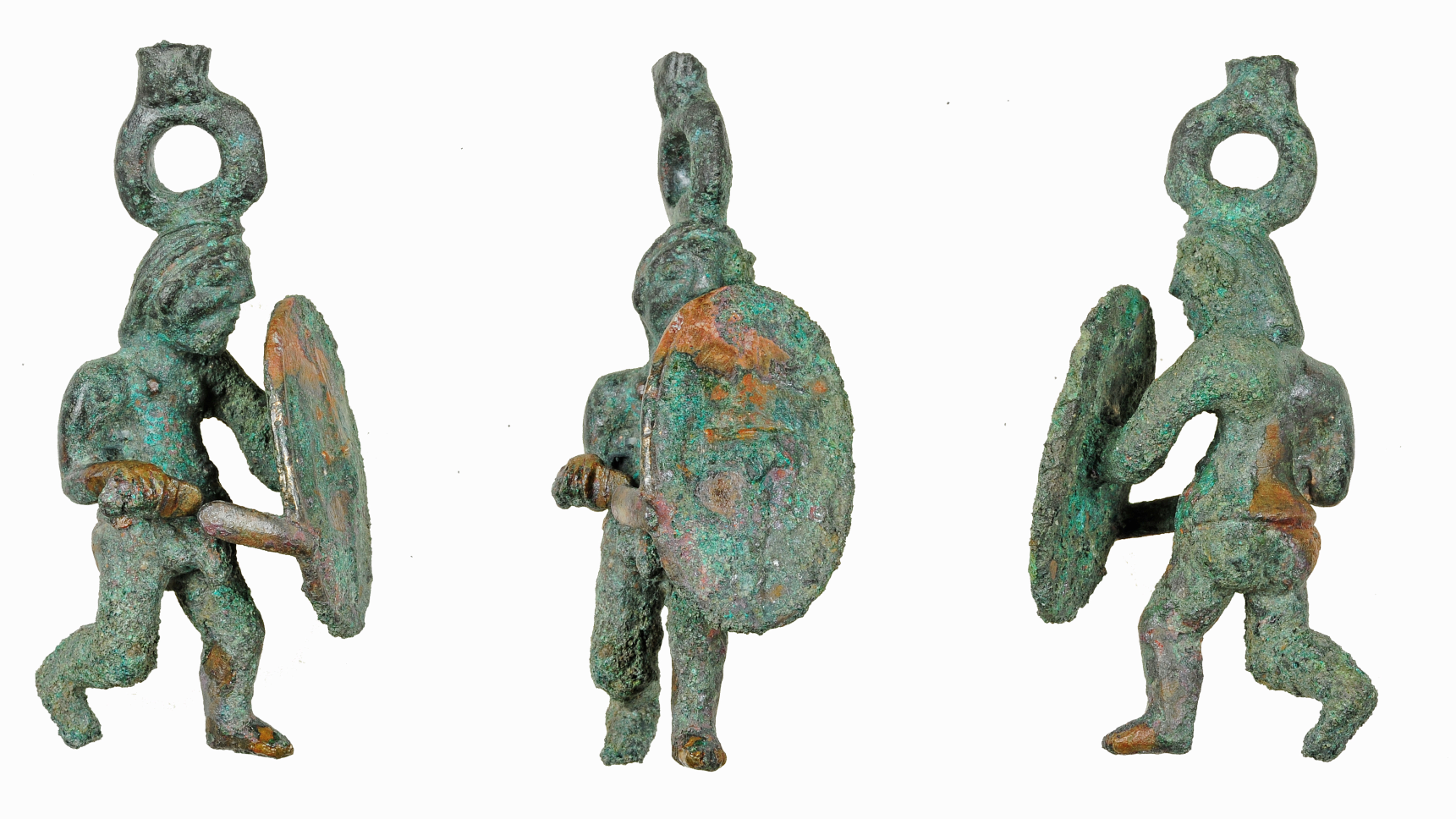
2,200-year-old 'complex and delicate' Celtic warrior charm is evidence of sophisticated metalworking in the Iron Age
By Kristina Killgrove published
Archaeologists discovered a 2,200-year-old bronze warrior charm while excavating an ancient Celtic town in Germany.
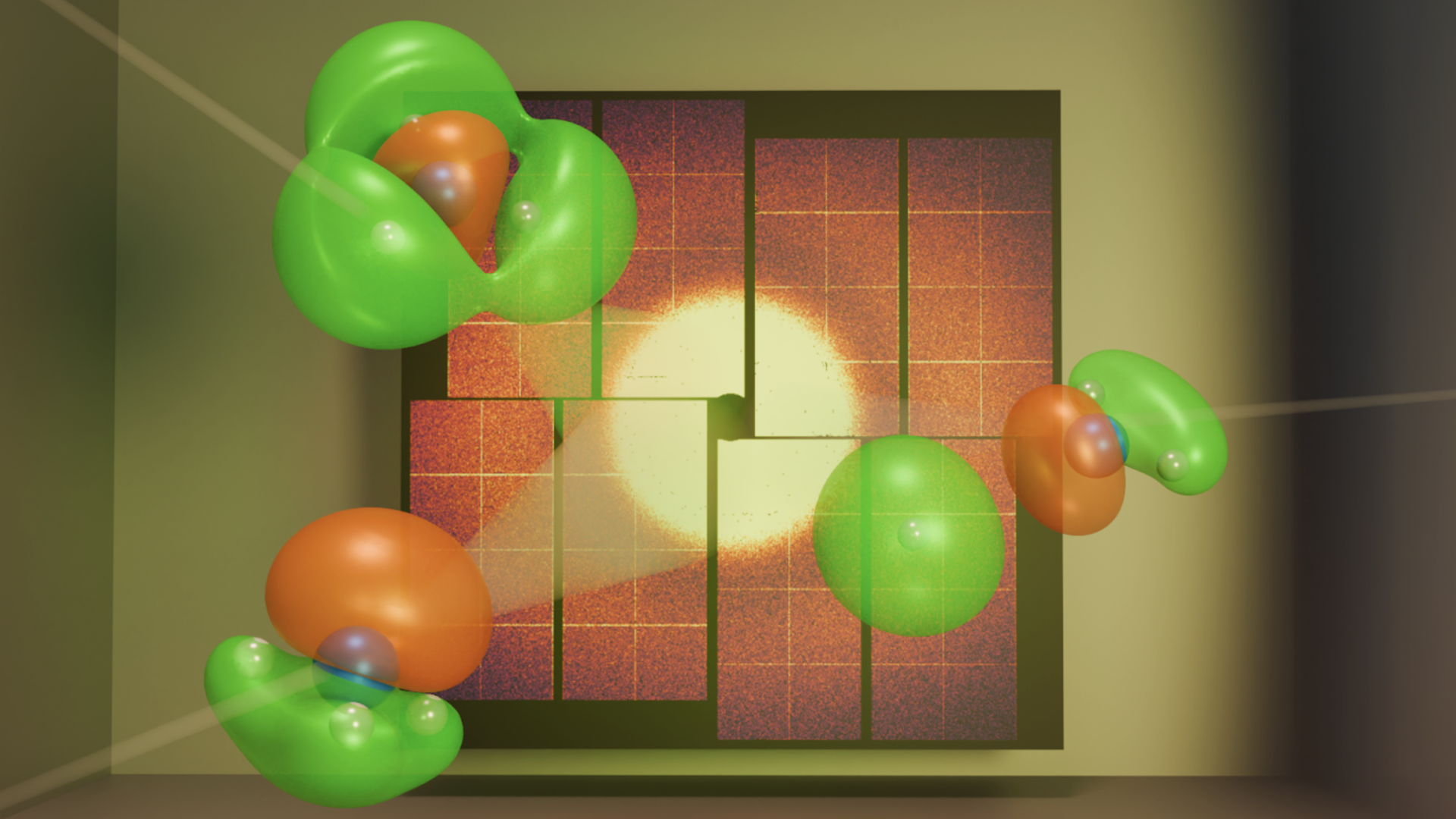
Scientists watch a single electron move during a chemical reaction for first time ever
By Larissa G. Capella published
For the first time, scientists visualized how electrons behave during a chemical reaction, which could help reduce unwanted byproducts in future chemistry.
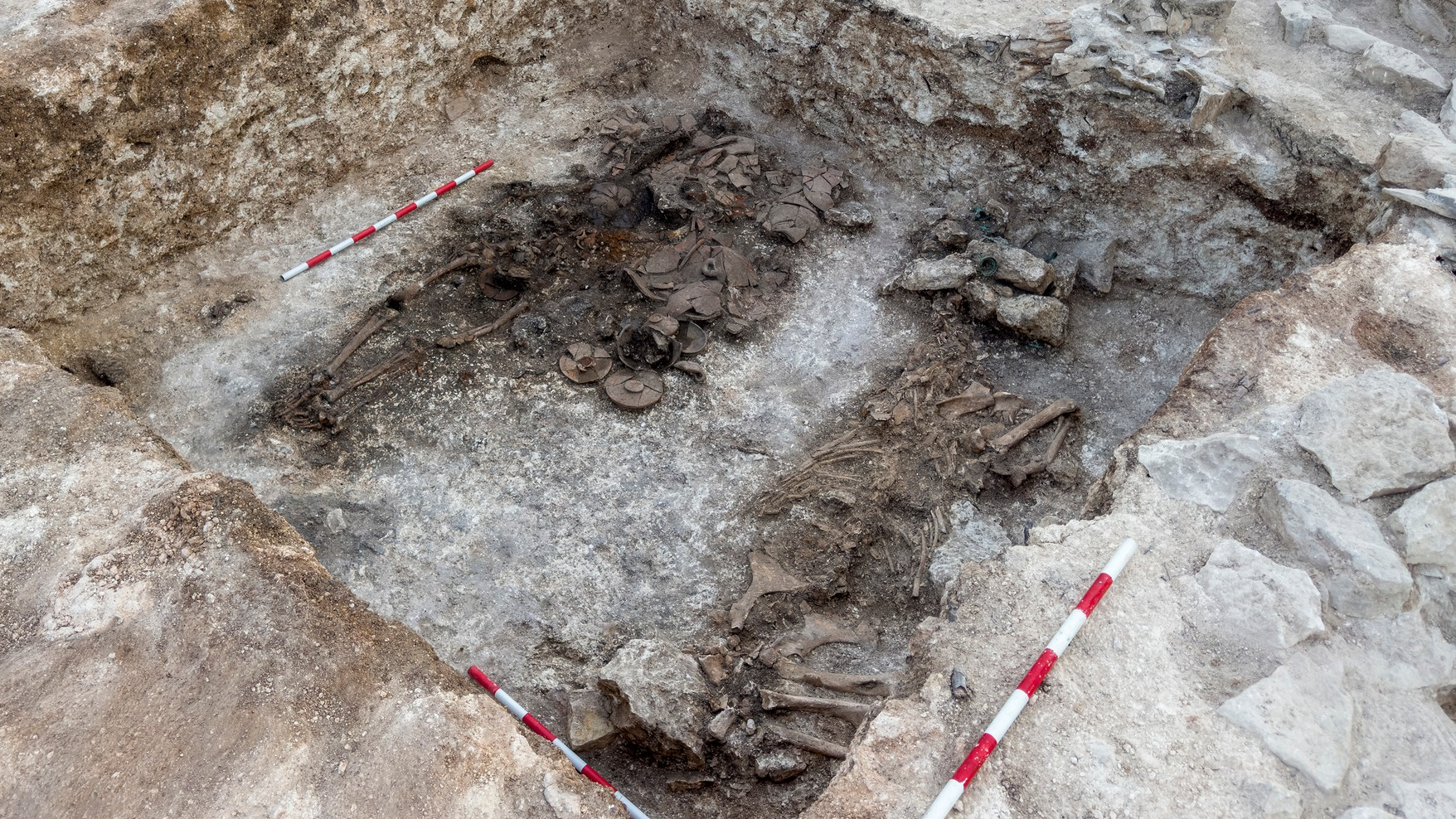
2,100-year-old skeleton of warrior nicknamed 'Lord of Sakar,' buried in a stunning gold wreath, unearthed in Bulgaria
By Kristina Killgrove published
The second century B.C. burial mound is the richest ever found in Bulgaria.
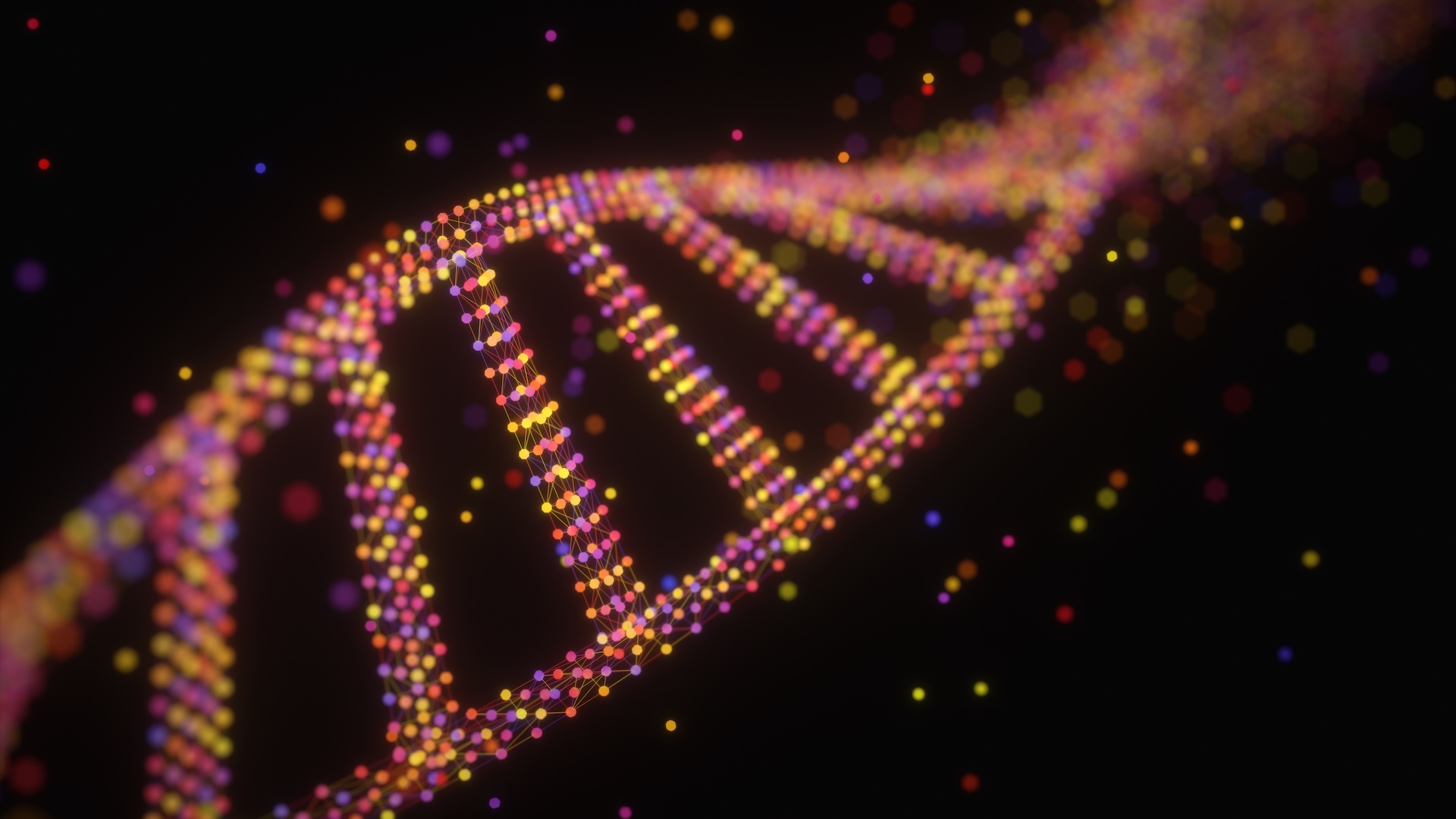
'Aging clocks' can predict your risk of disease and early death. Here's what to know.
By Patrick Sullivan published
"Biological aging tests," also called aging clocks, can predict your risk of age-related disease, disability, early mortality and more — but are they ready for prime time?
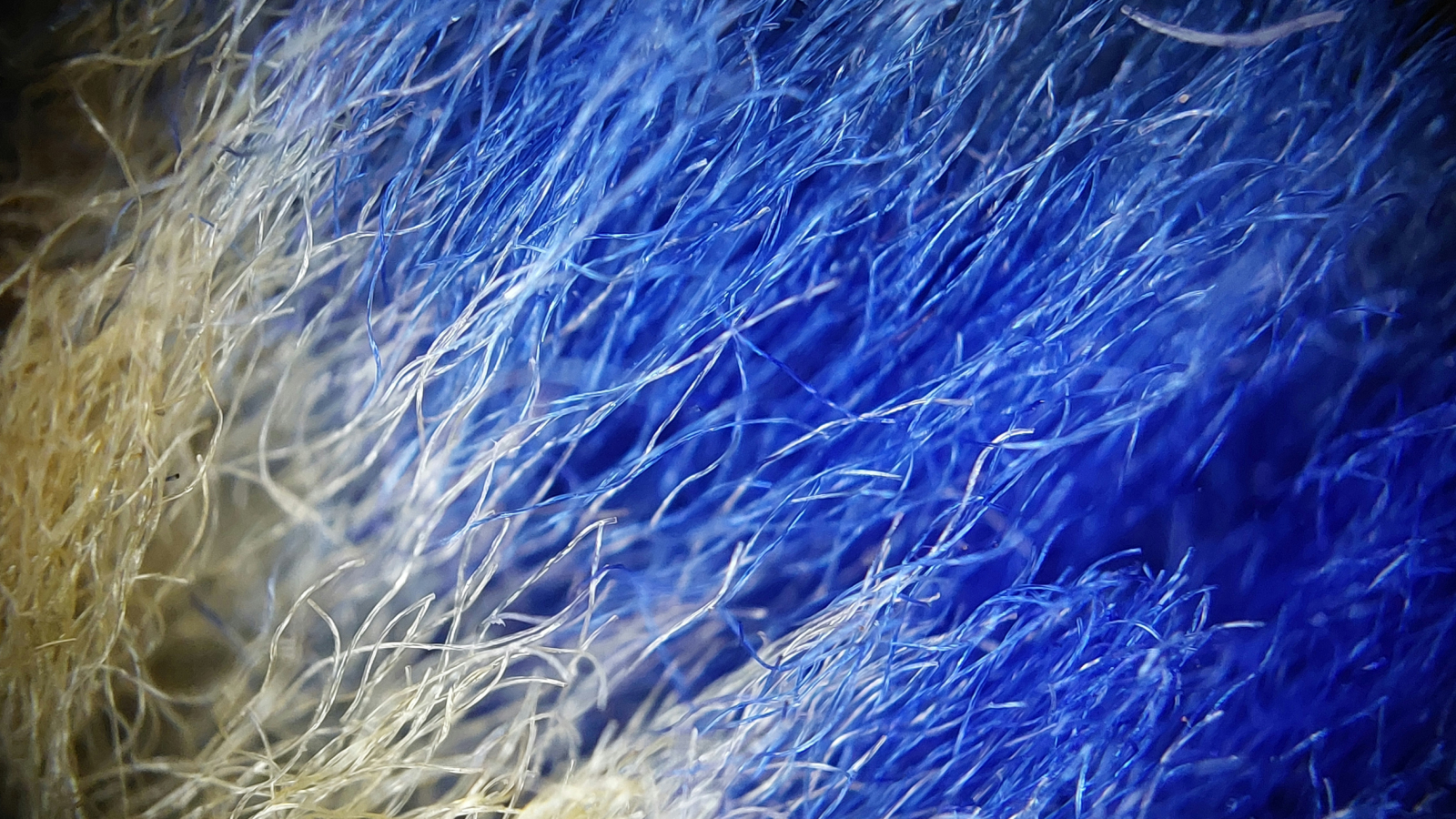
Scientists cram an entire computer into a single fiber of clothing — and you can even put it through your washing machine
By Keumars Afifi-Sabet published
A new fiber computer contains eight devices that work together as a single computing entity, and scientists want to weave many of them so they can work together as cohesive smart garments.

Formaldehyde-free hair-straightening products may still threaten health, concerning study finds
By Nicoletta Lanese published
Formaldehyde-free hair-straightening products have been marketed as a safer option, but they may pose a risk to kidney health, a case series suggests.
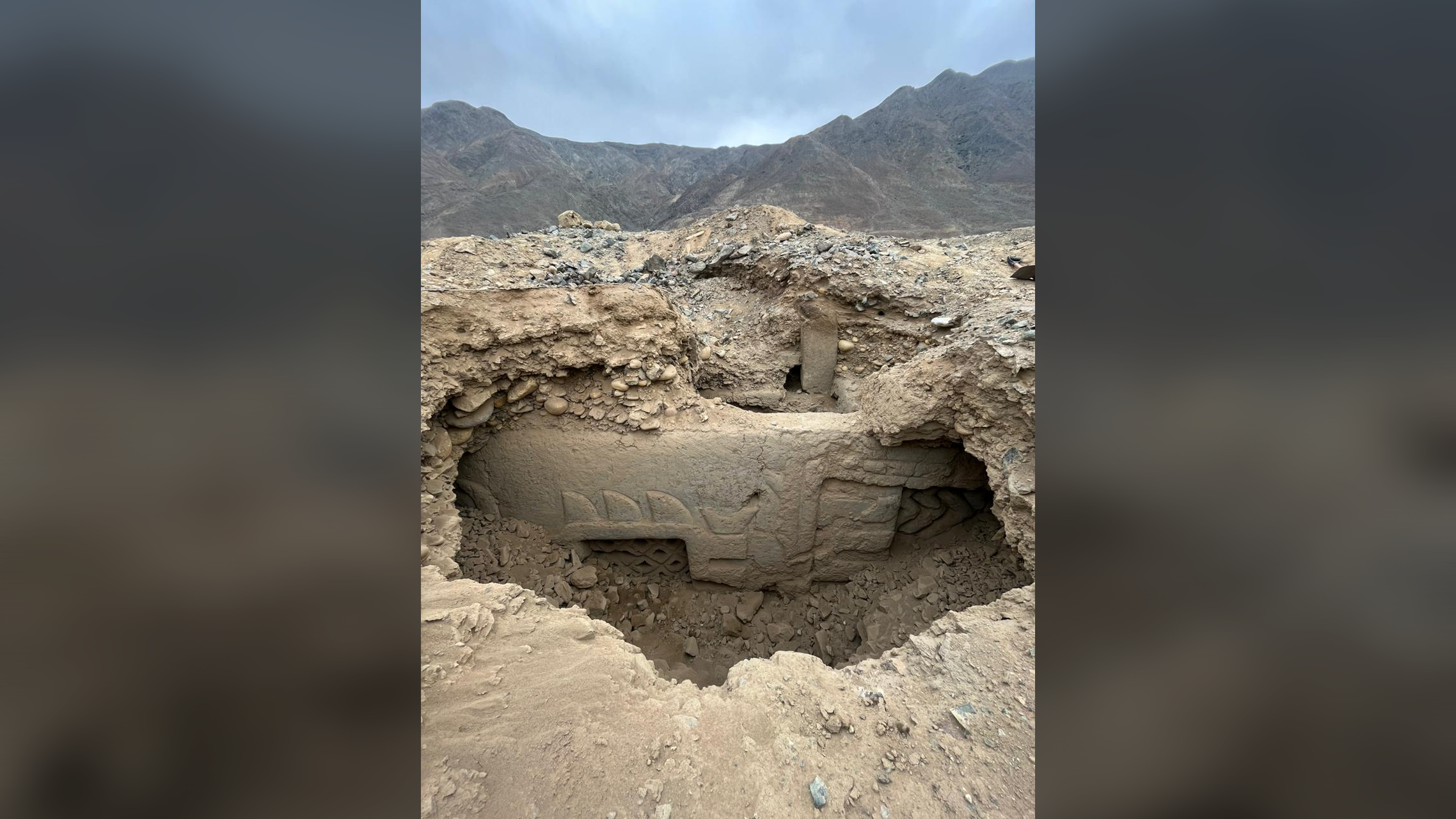
'A truly unprecedented discovery': 3,000-year-old multicolored mural with fish, stars and gods discovered in Peru
By Kristina Killgrove published
A multicolored mural discovered in Peru is shedding light on pre-Inca coastal artistic traditions.
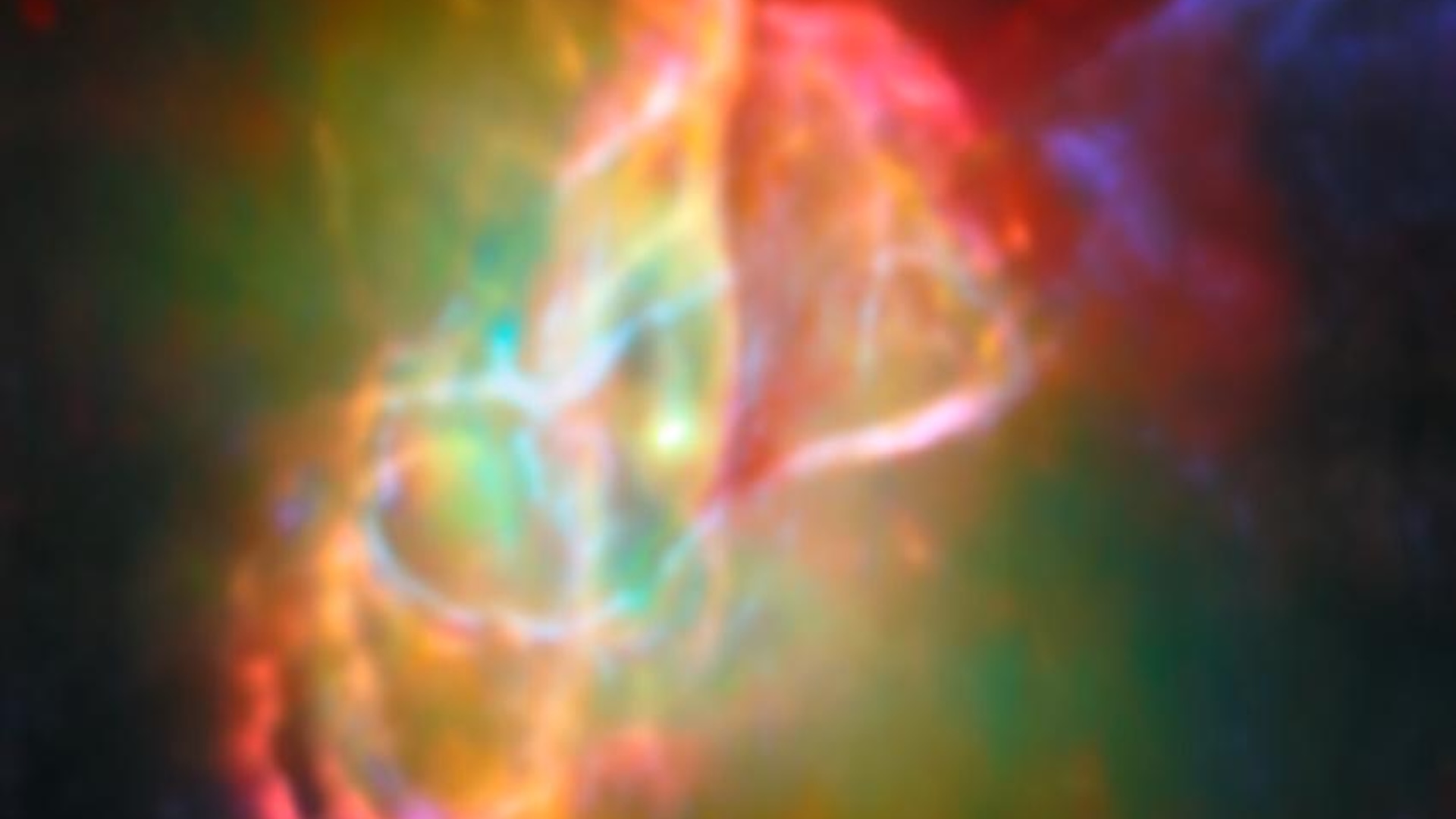
'Butterfly Nebula' spreads its wings in dazzling new James Webb telescope image
By Brandon Specktor published
In a dazzling new photo, the James Webb Space Telescope zooms in on the Butterfly Nebula — the dying gasps of one of the hottest stars in the sky, which could hold clues to Earth's origins.
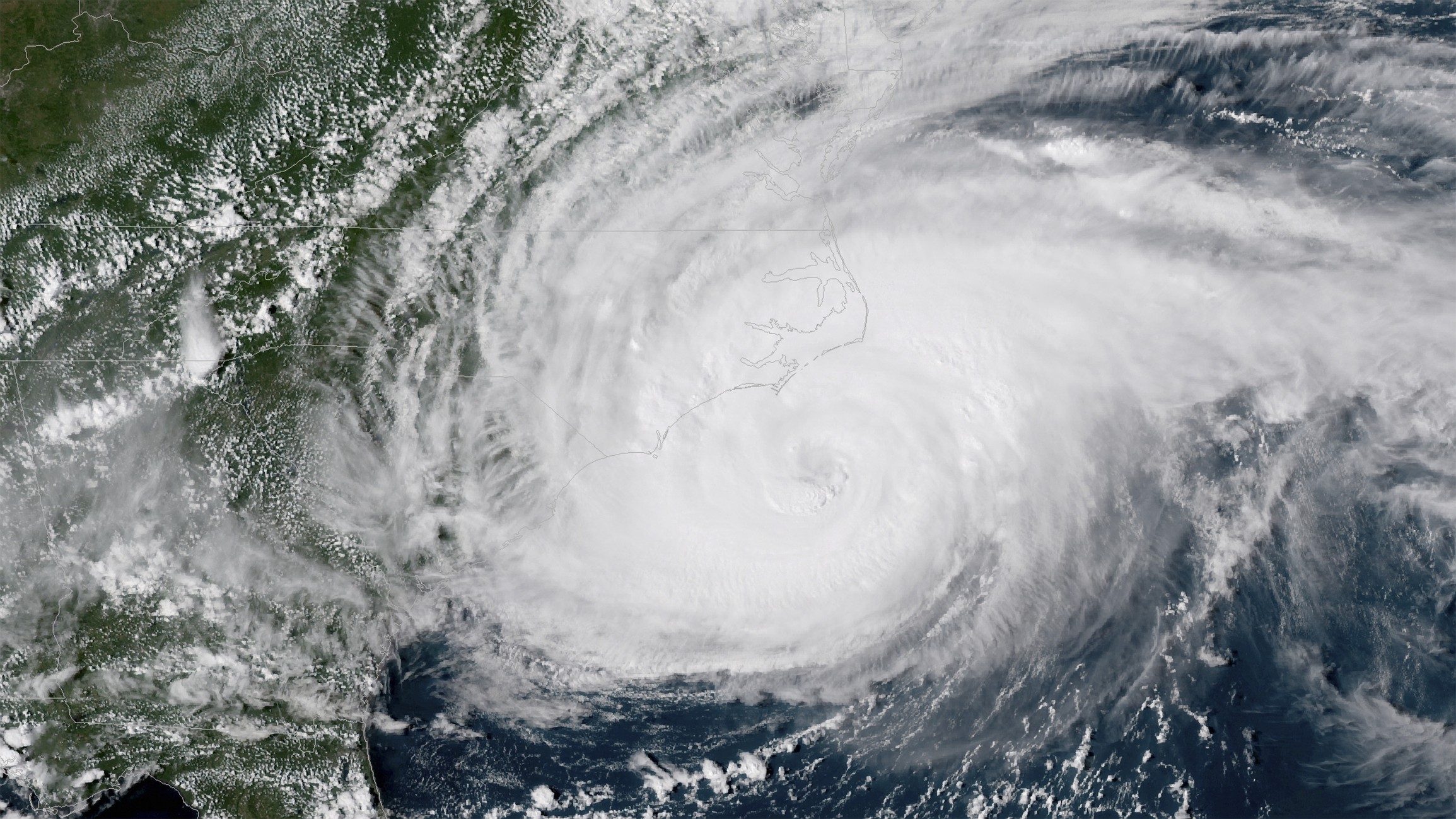
'Now is the time': Hurricane category 6 could be introduced under new storm severity scale
By Sascha Pare published
The current hurricane classification does not consider storm surge and rainfall risks, which cause almost 80% of hurricane-related deaths. A new scale could help people better prepare for storms.
Get the world’s most fascinating discoveries delivered straight to your inbox.
